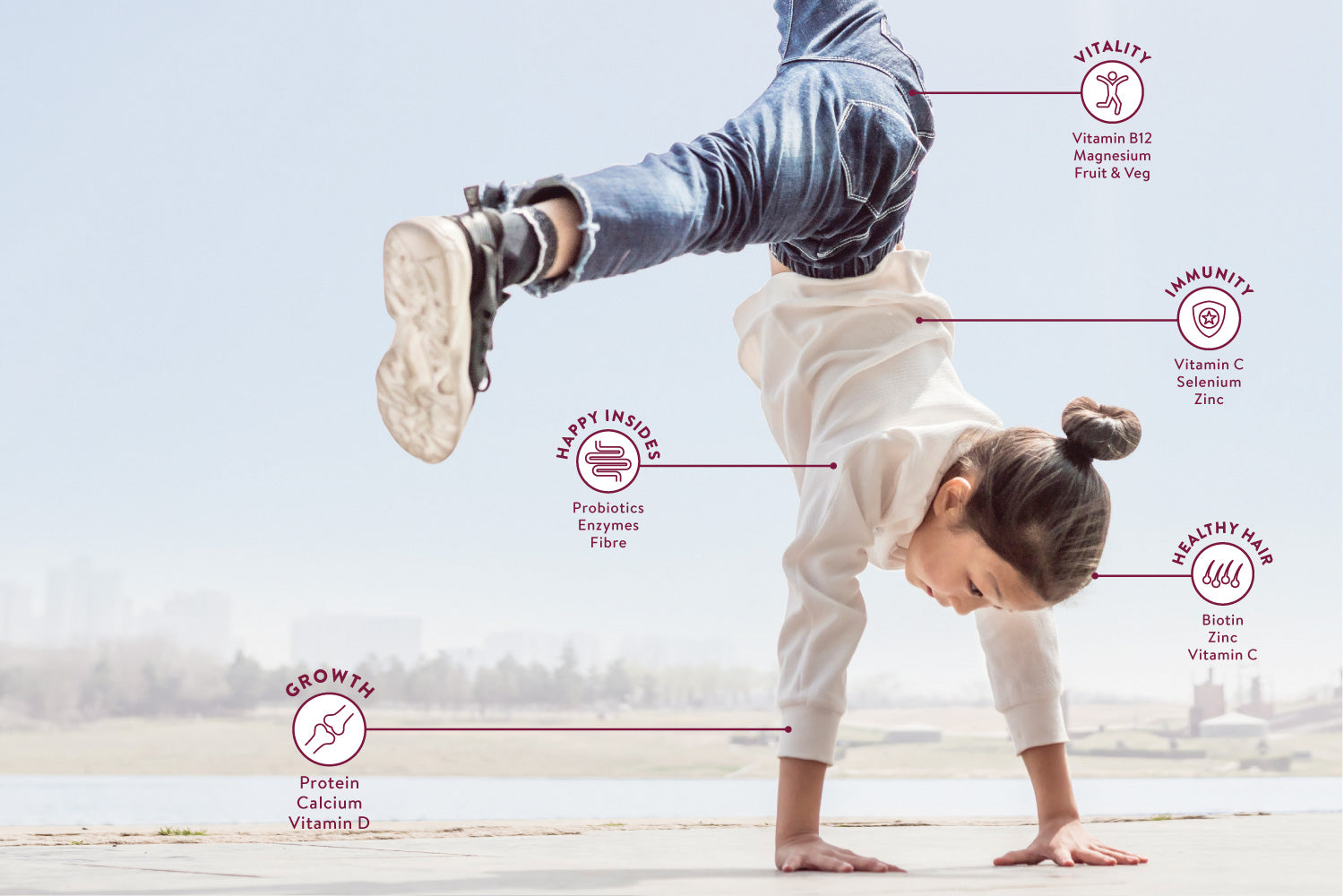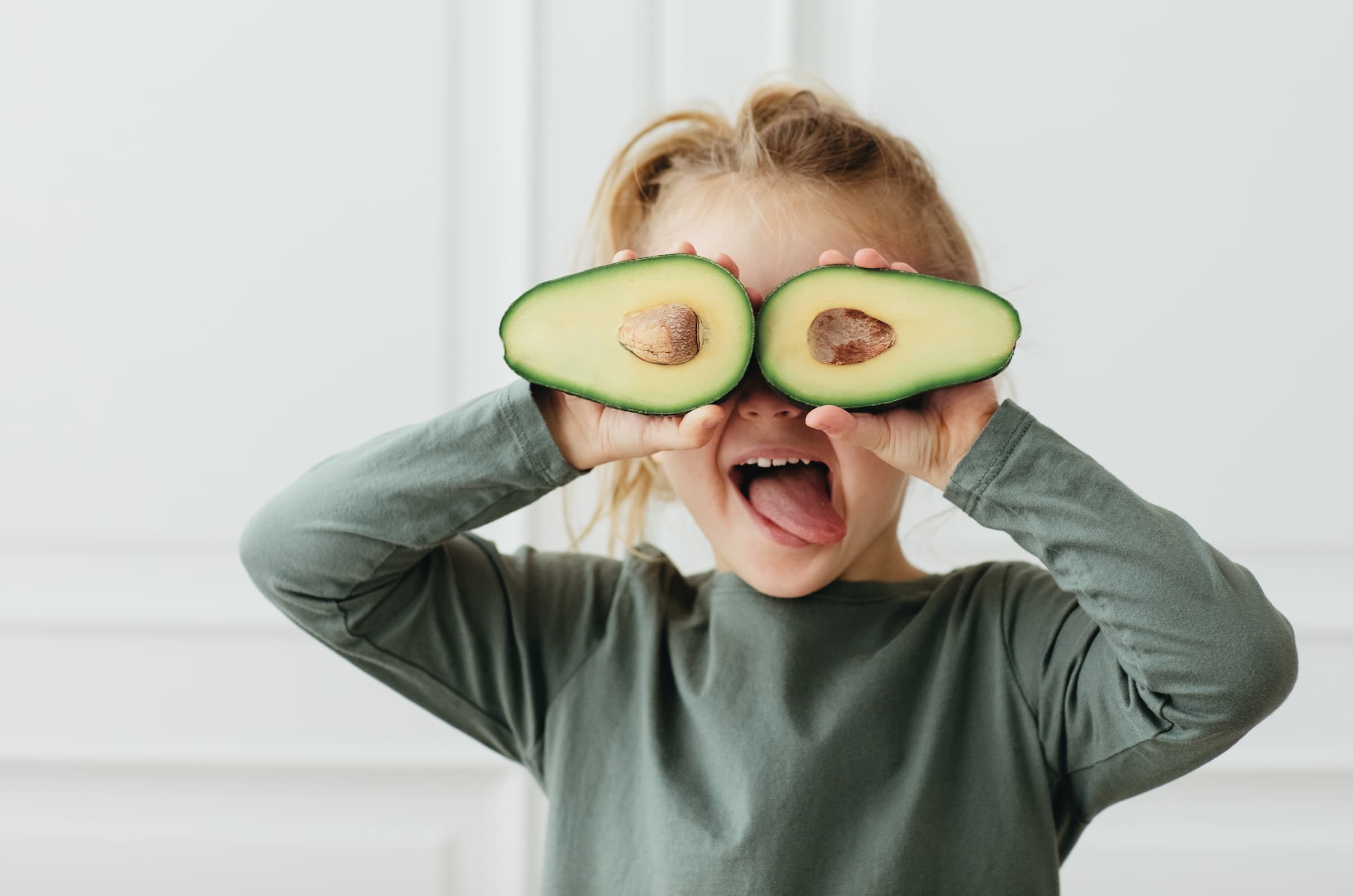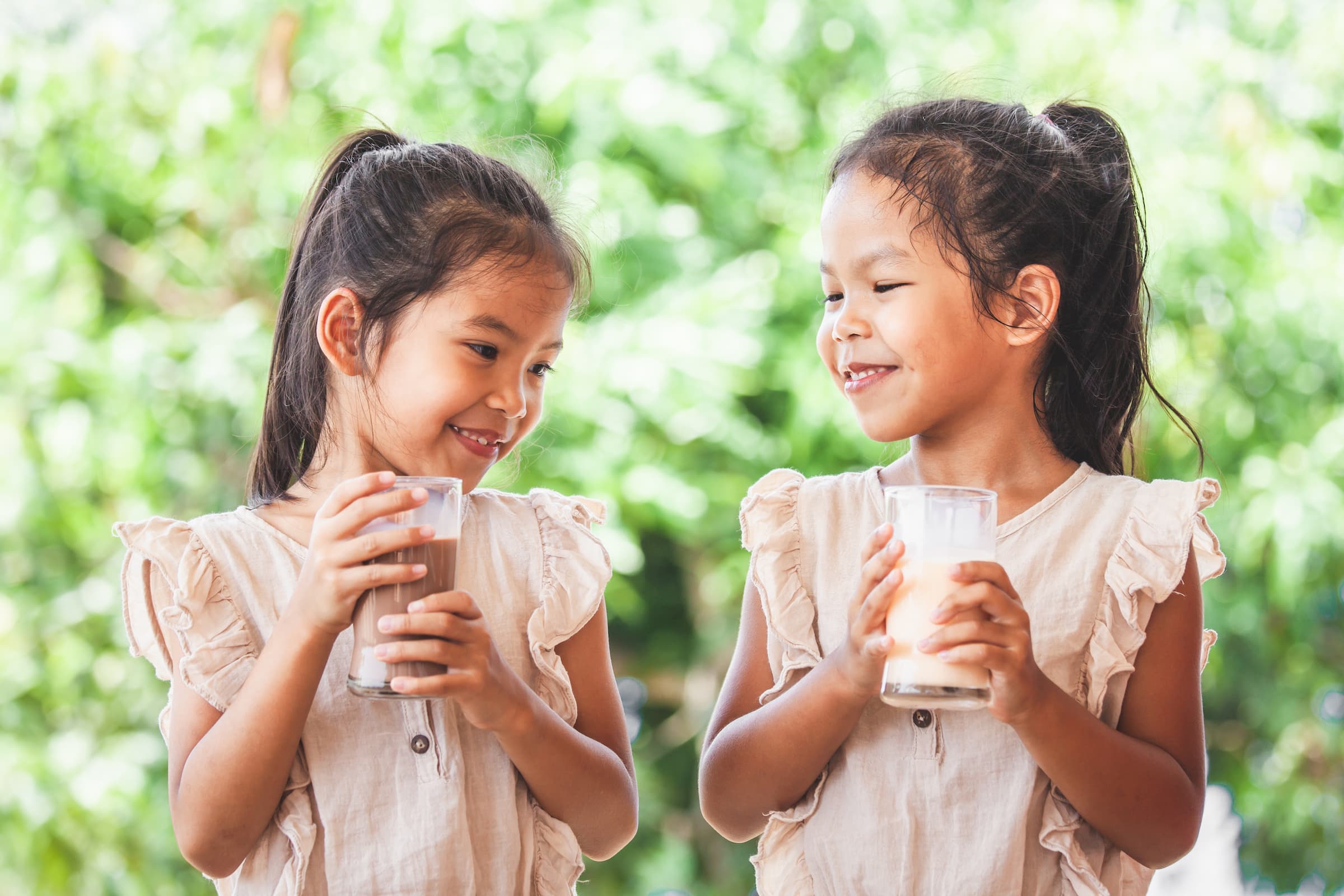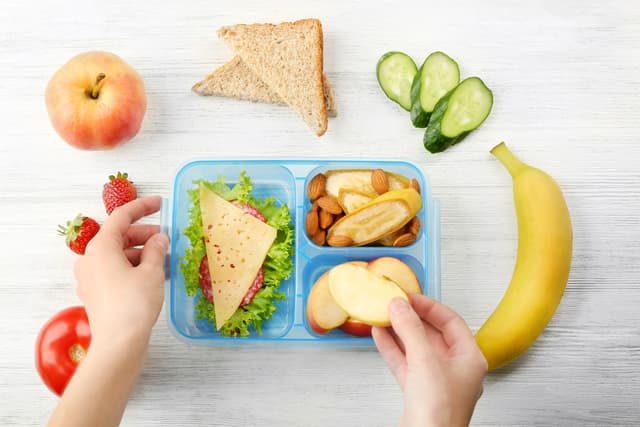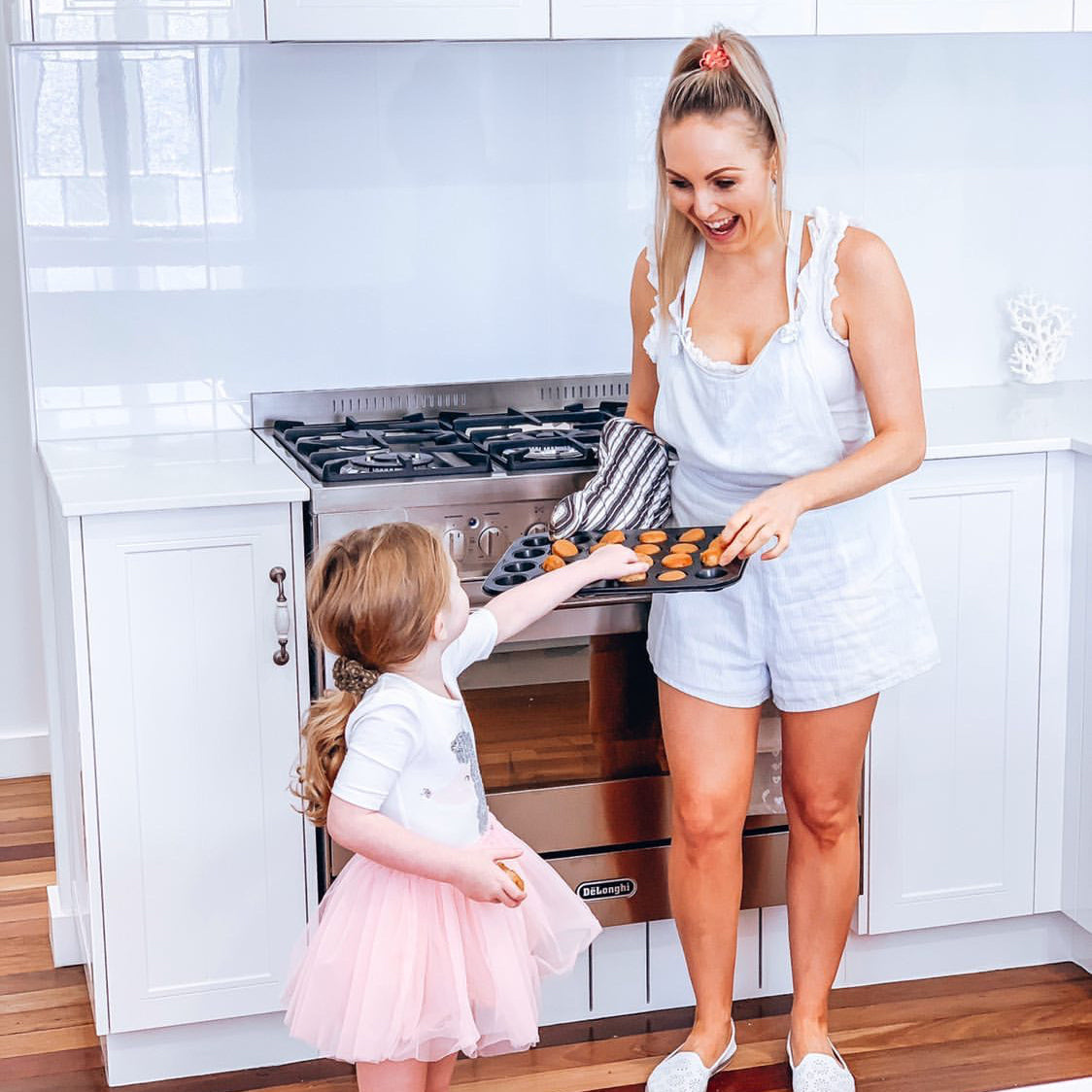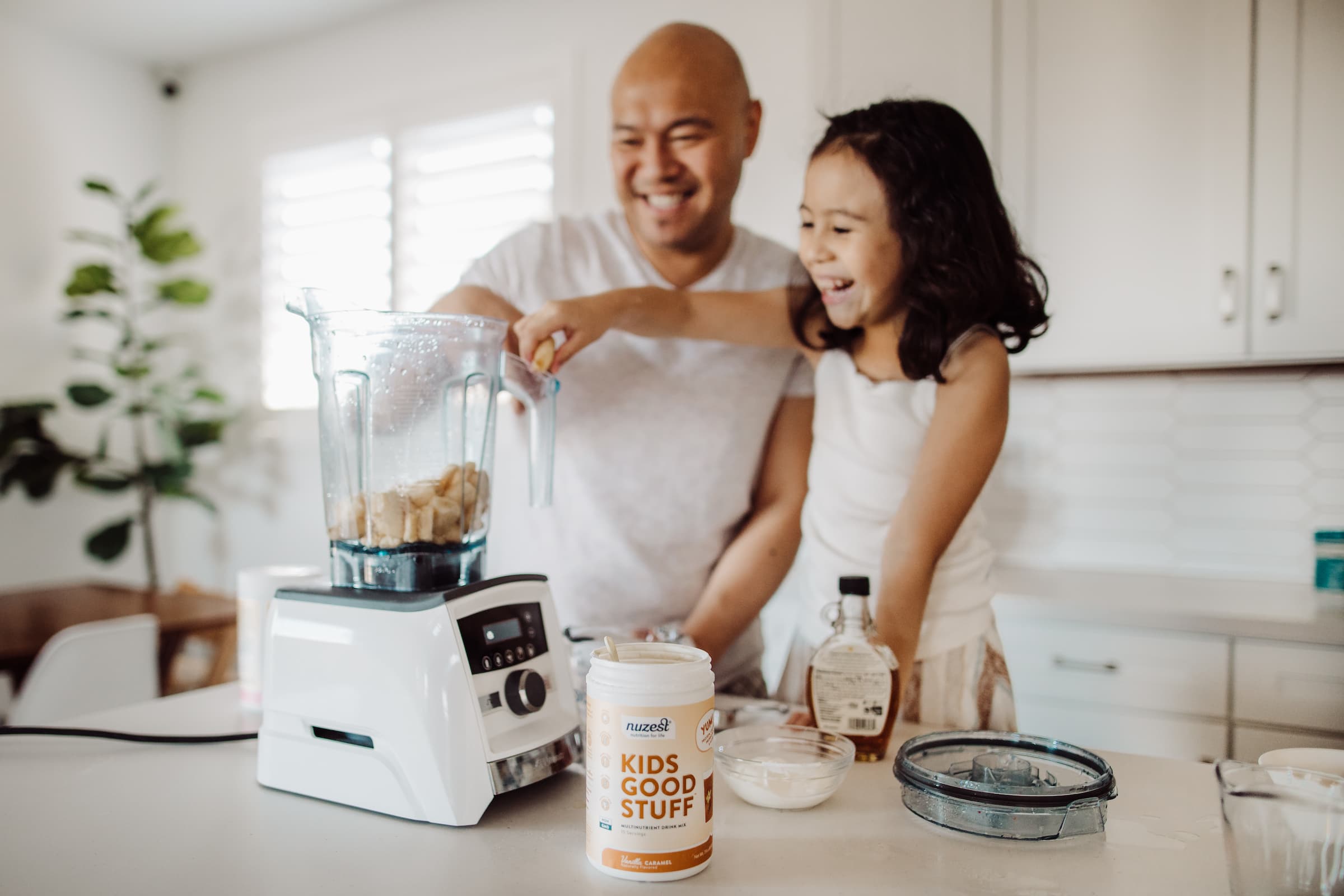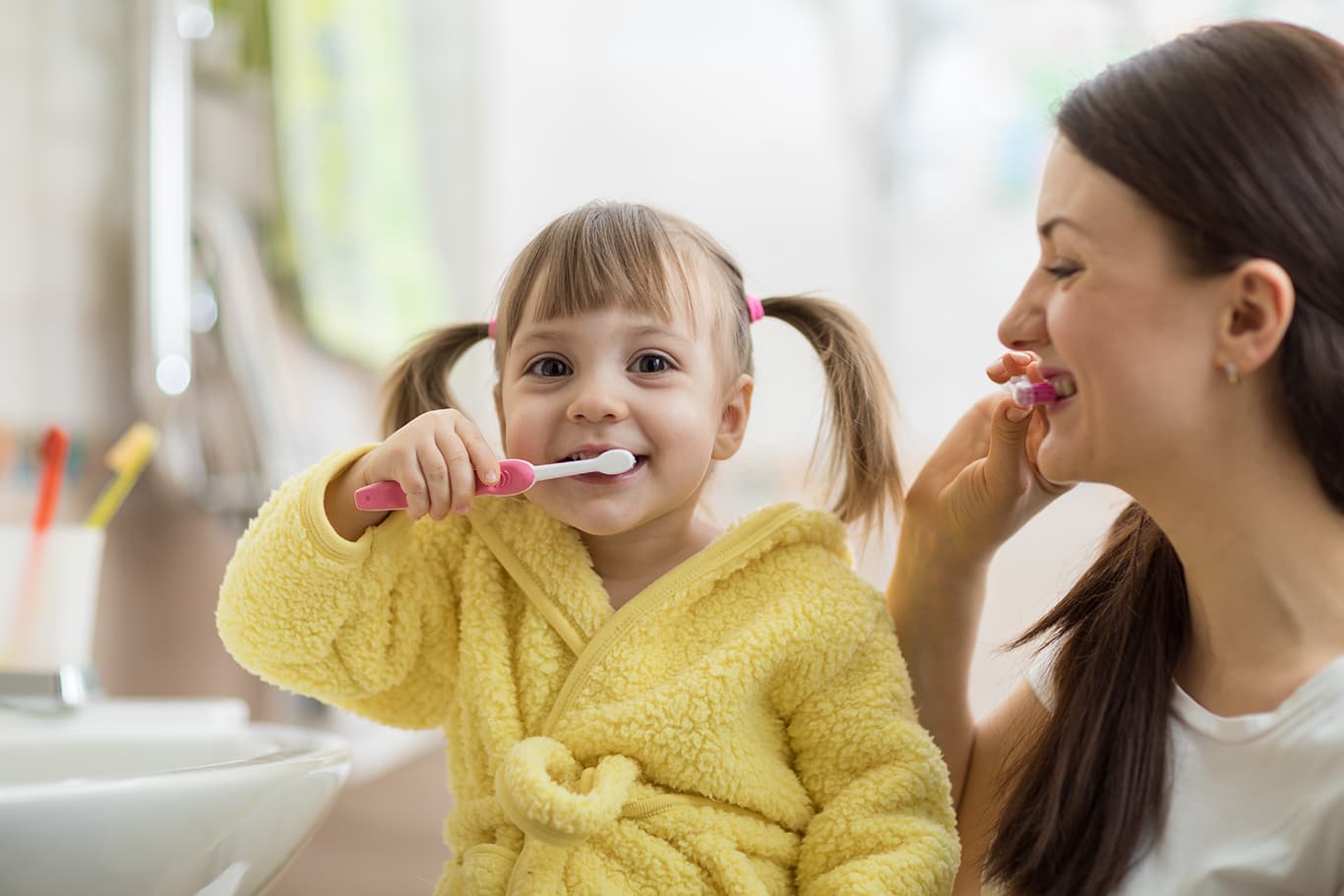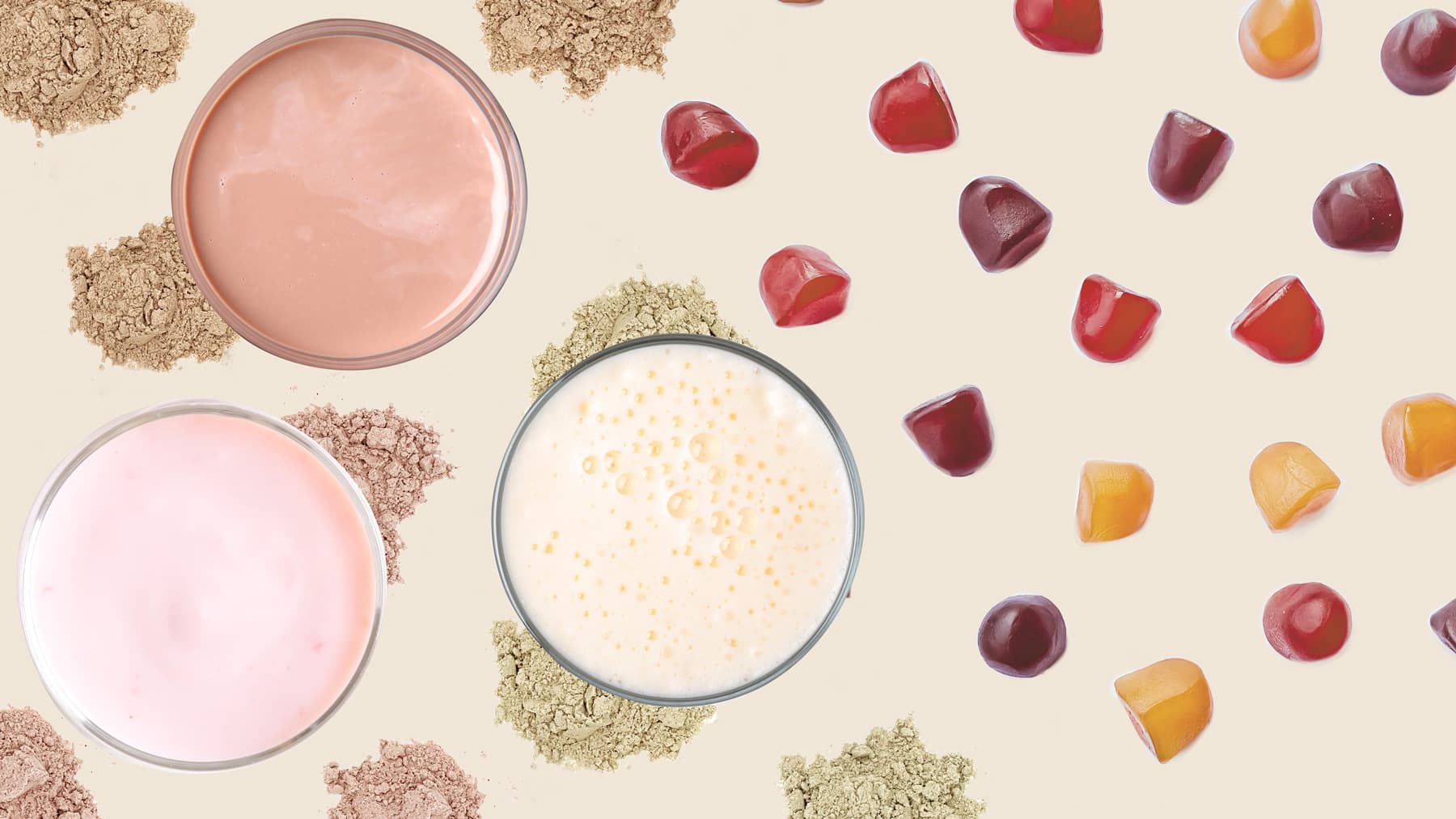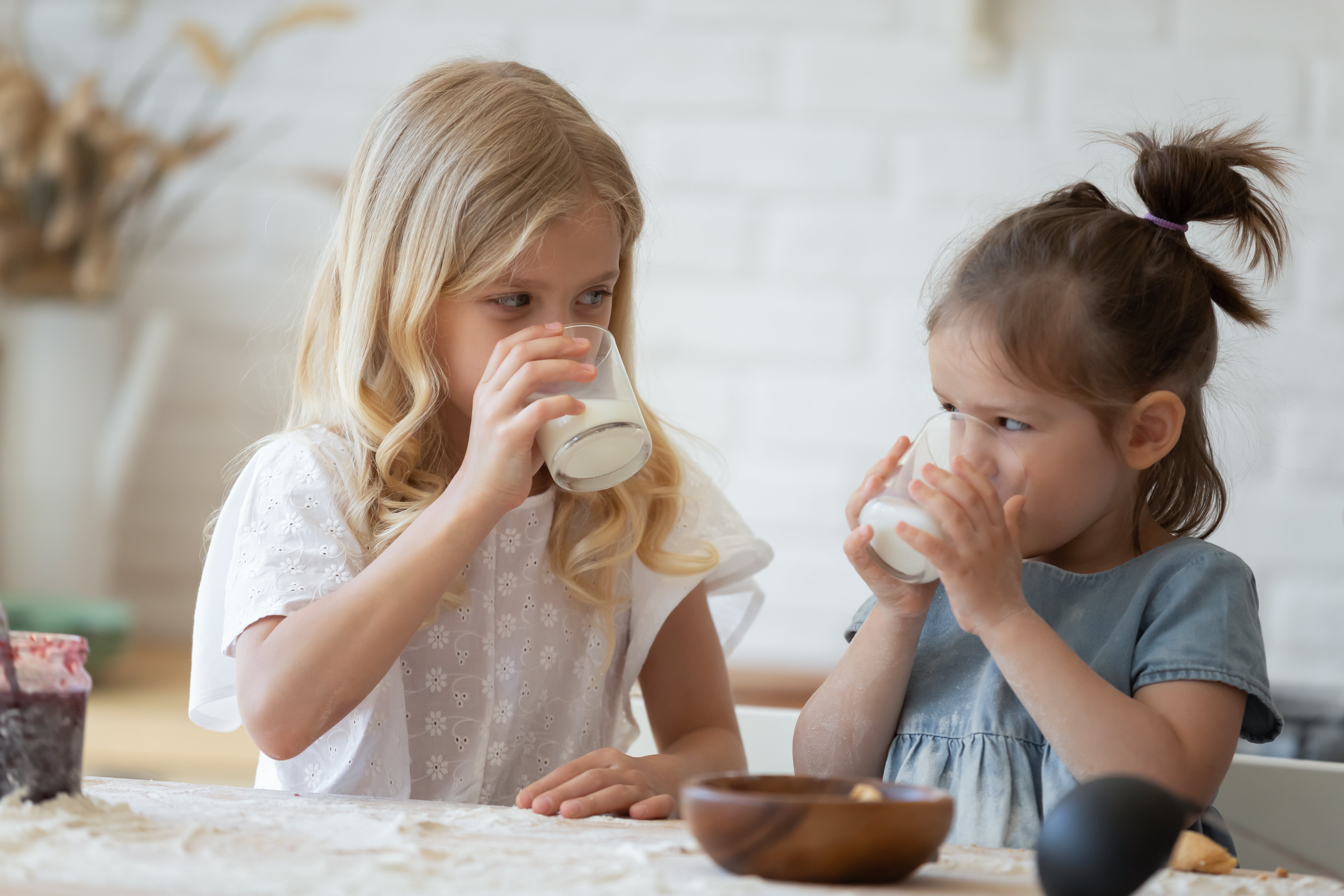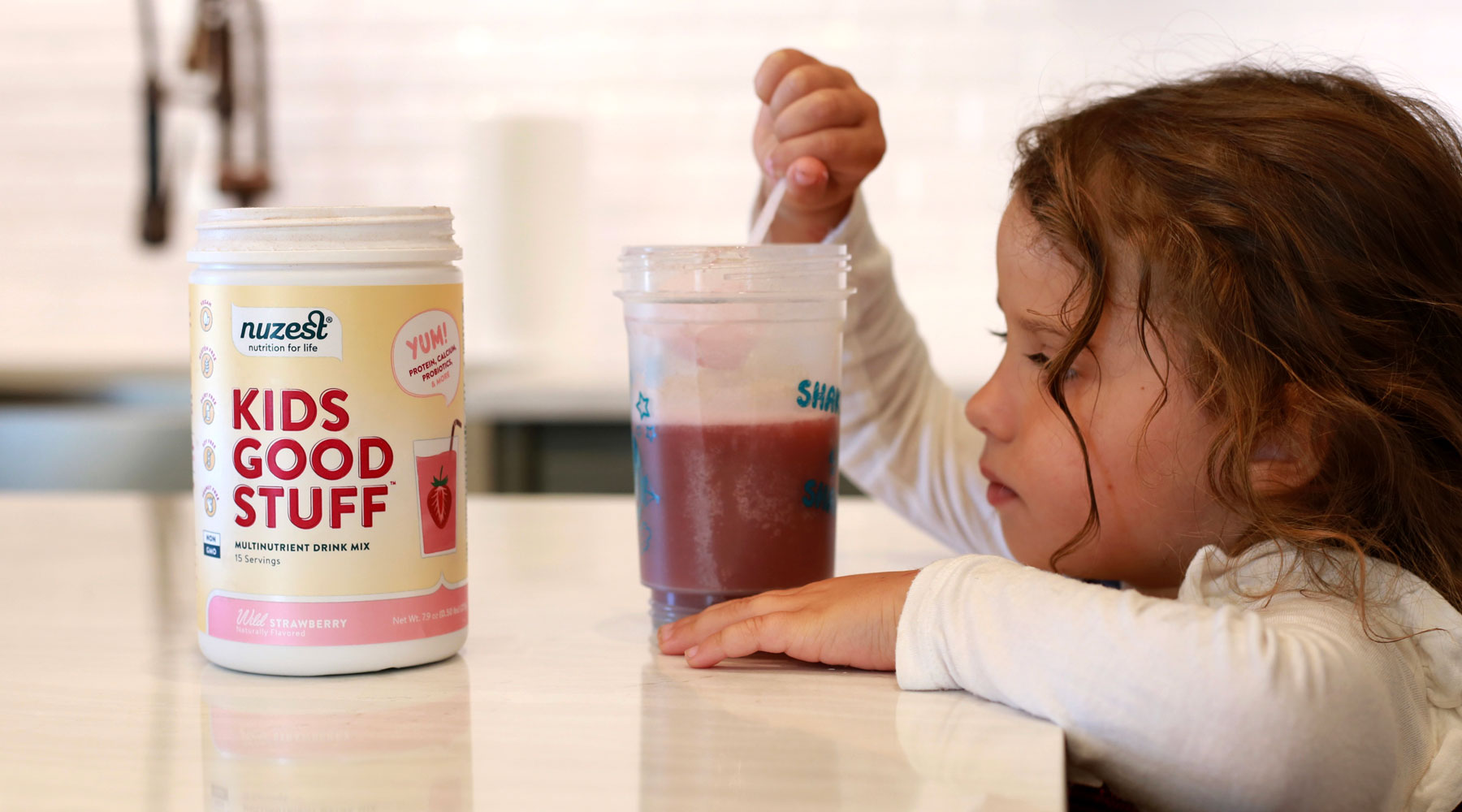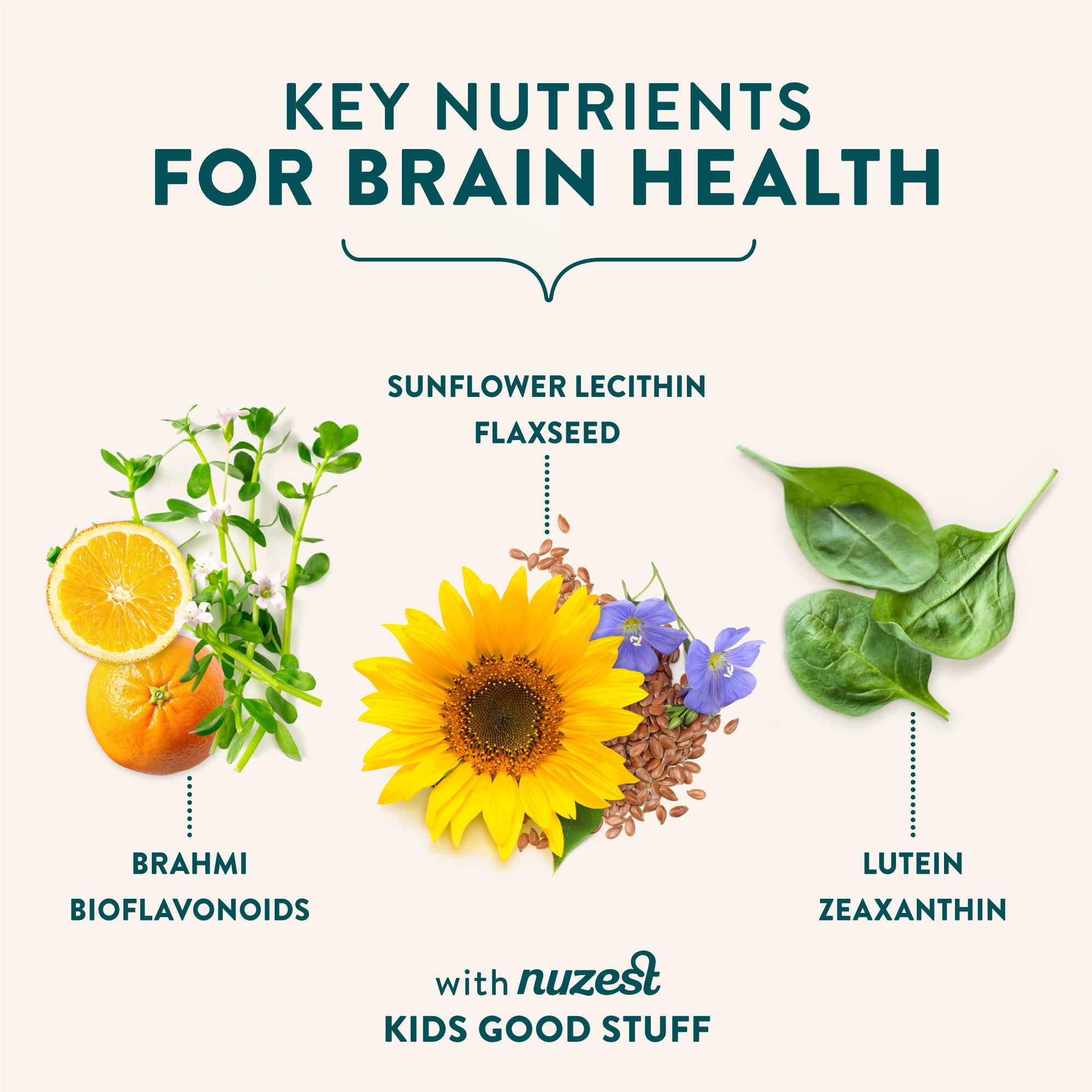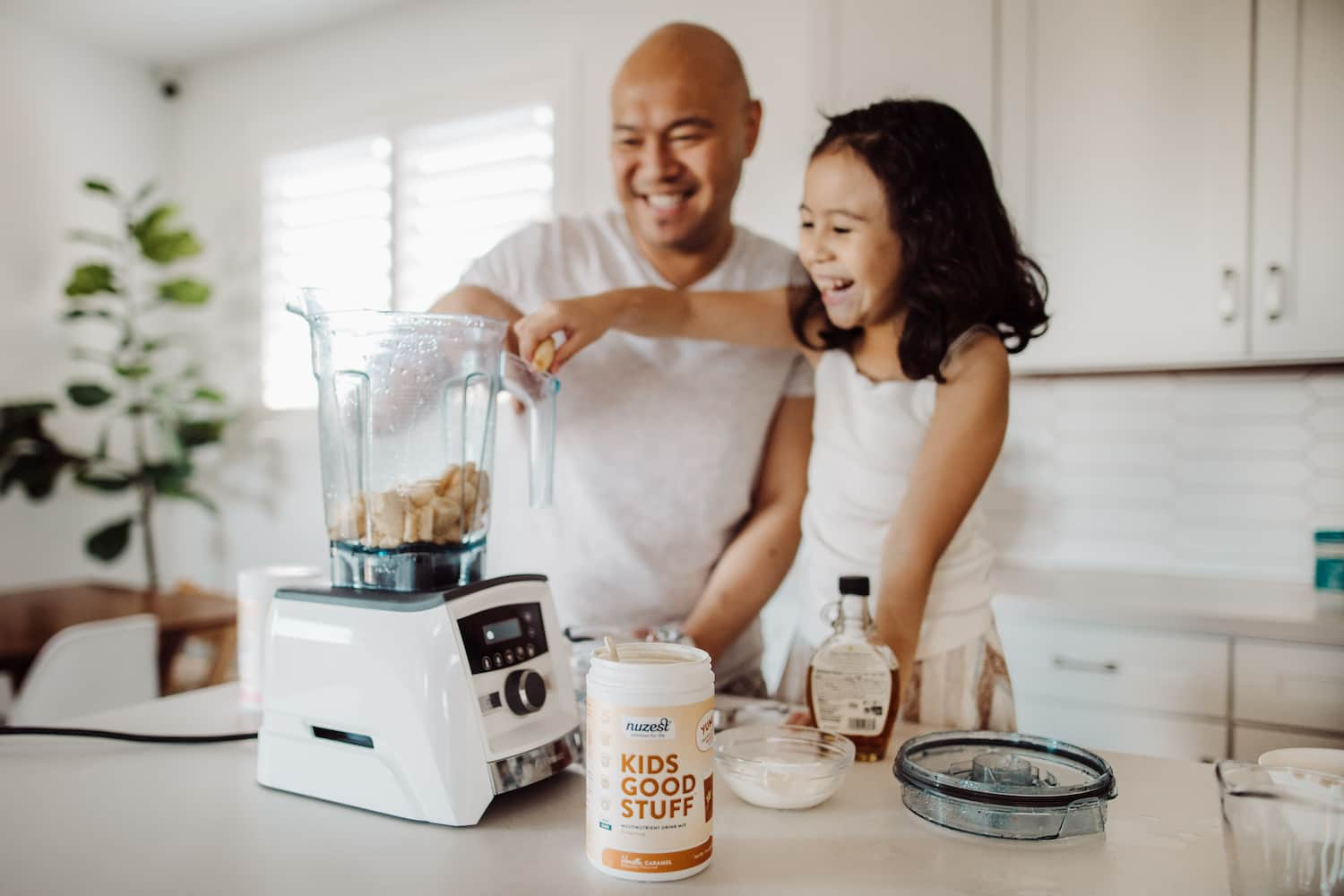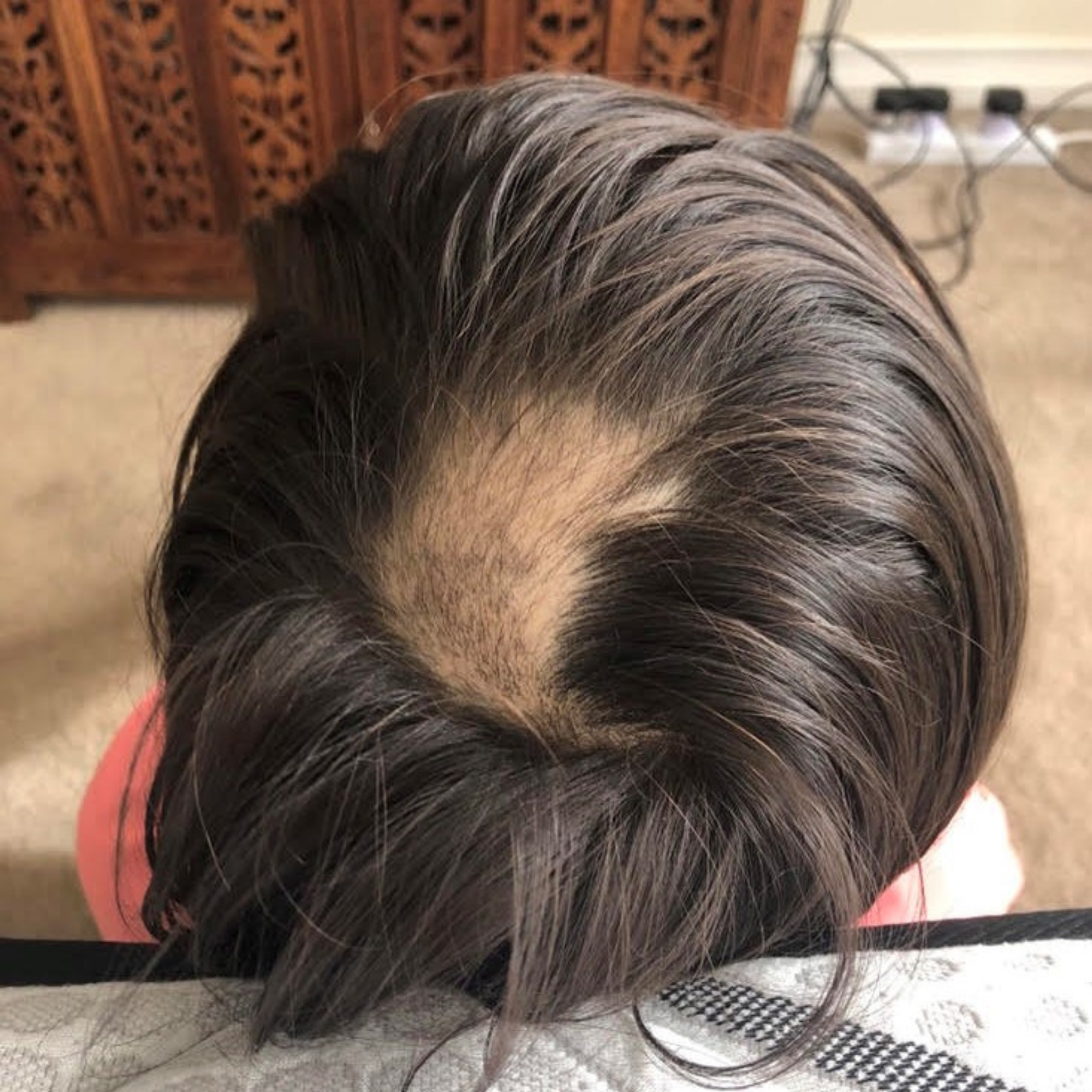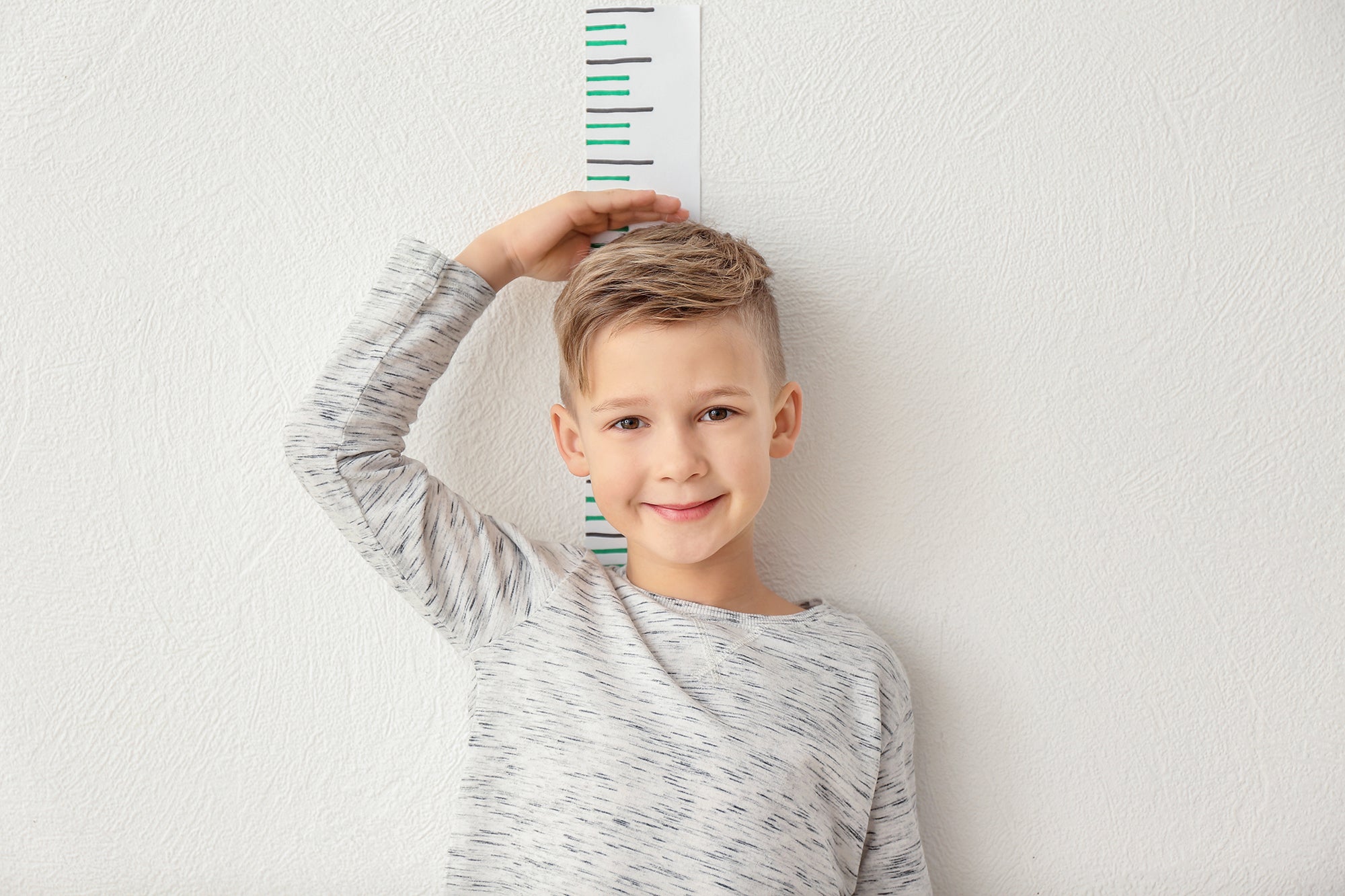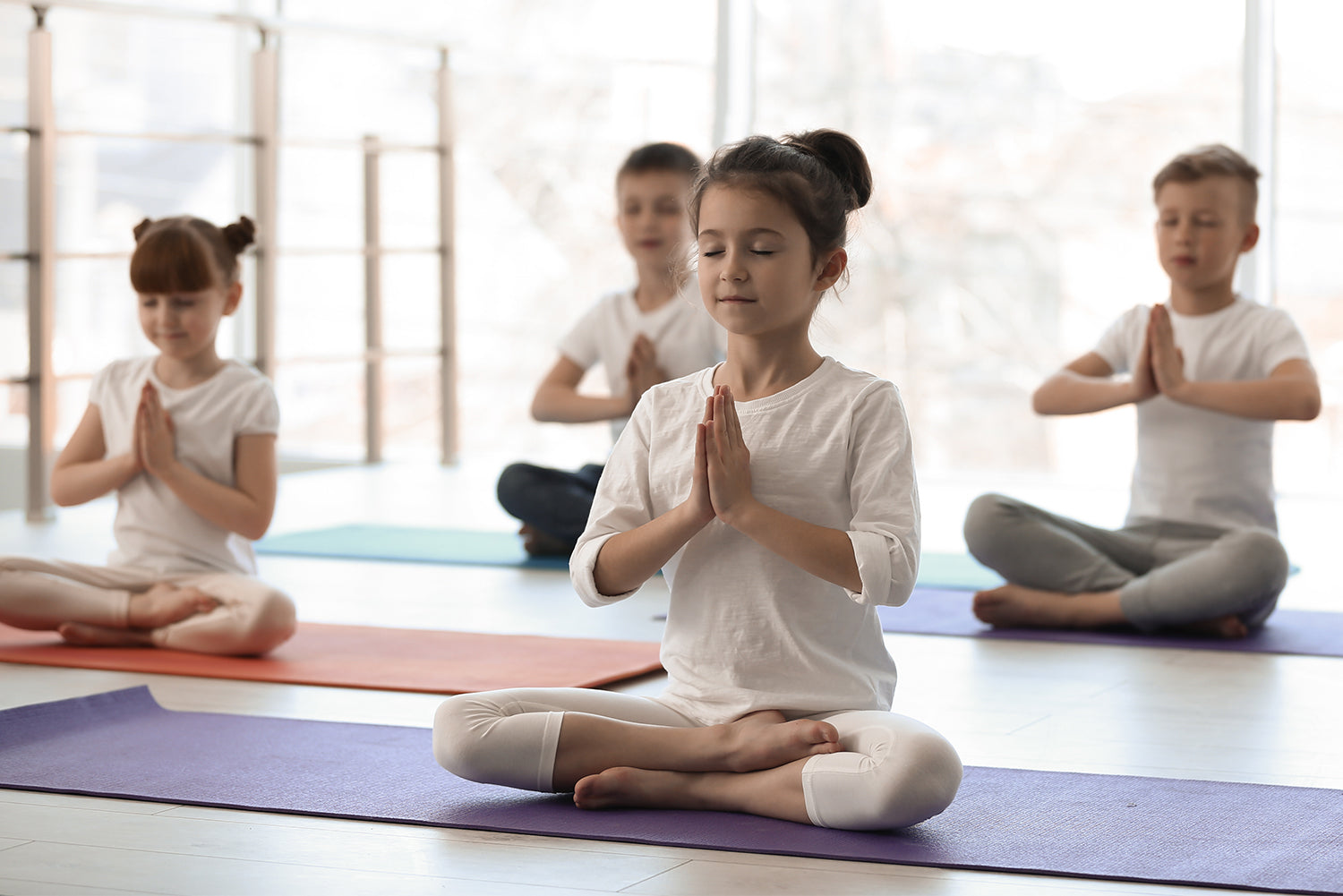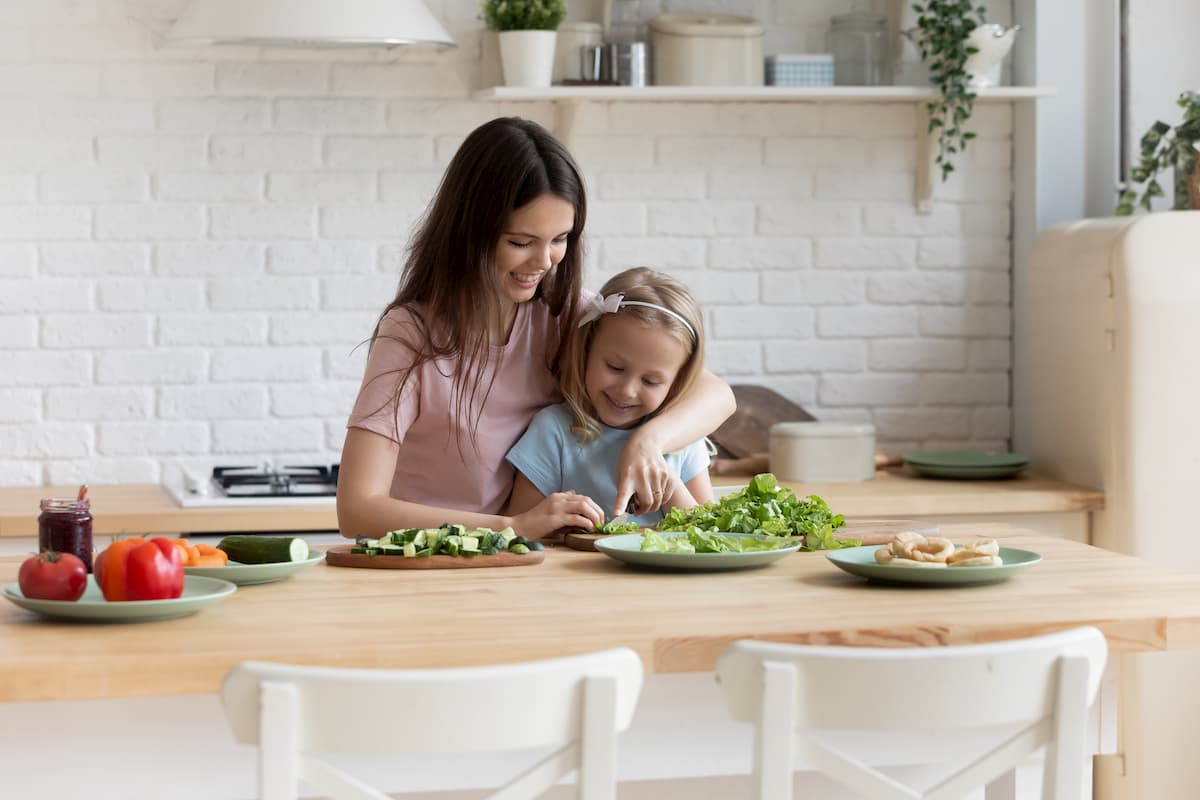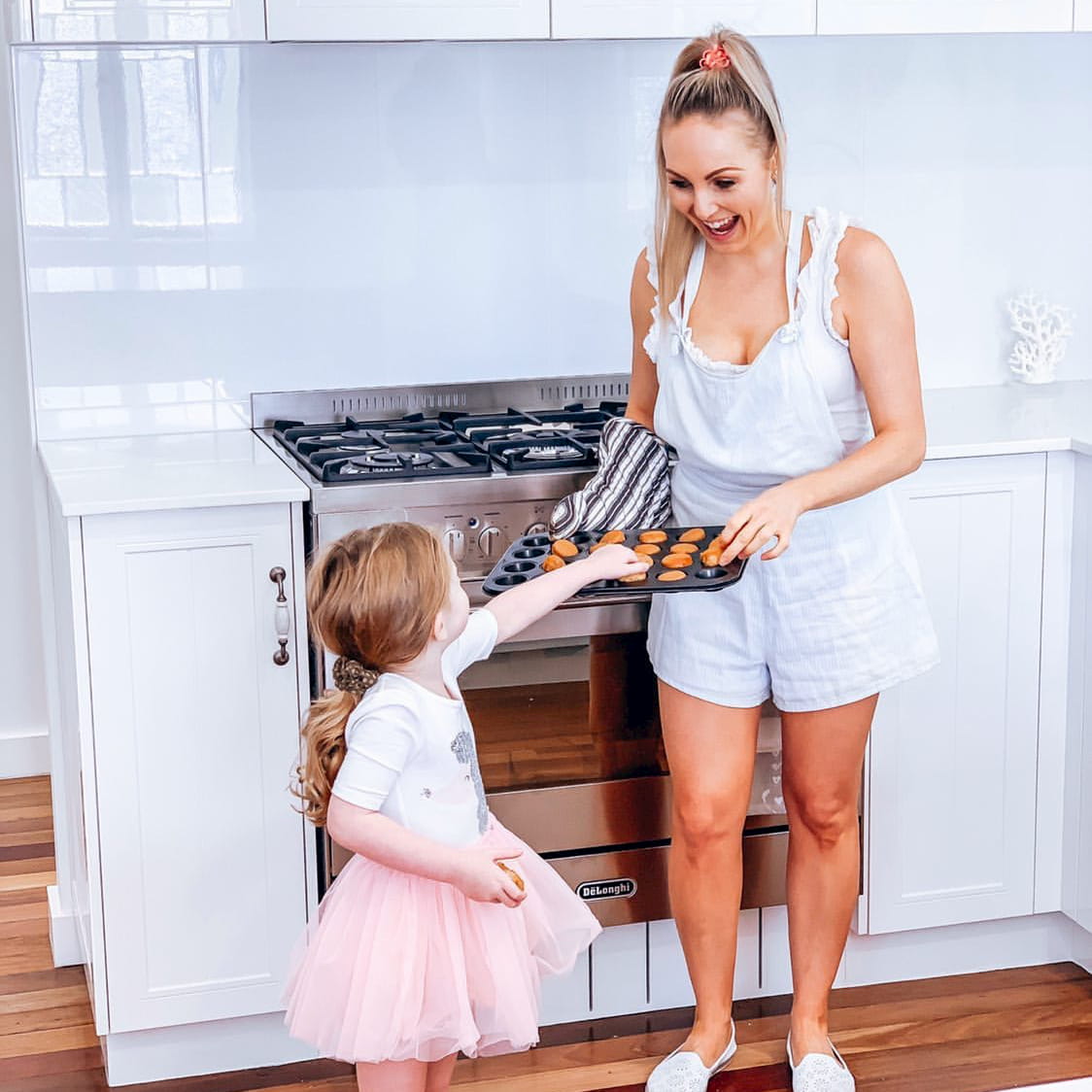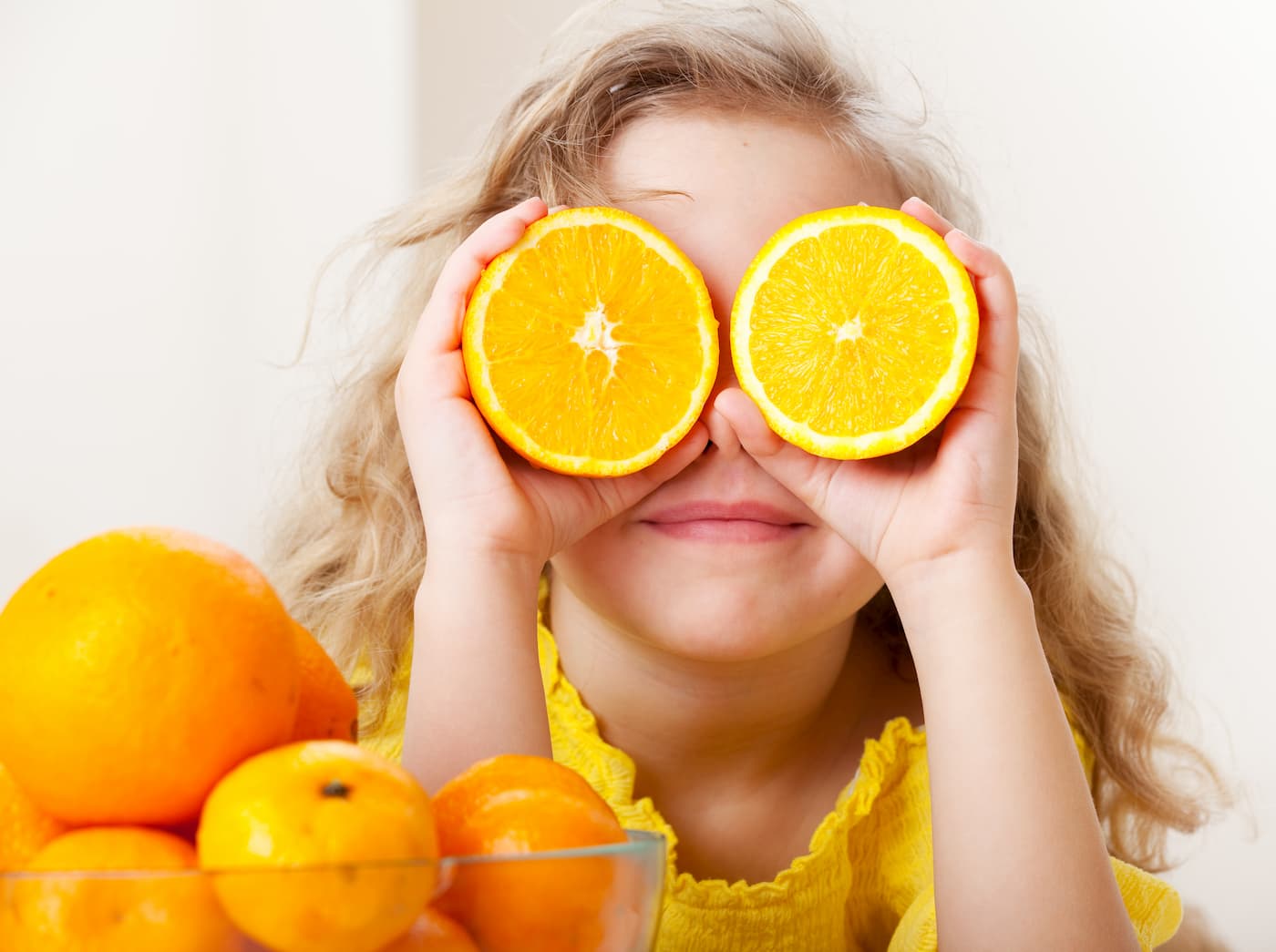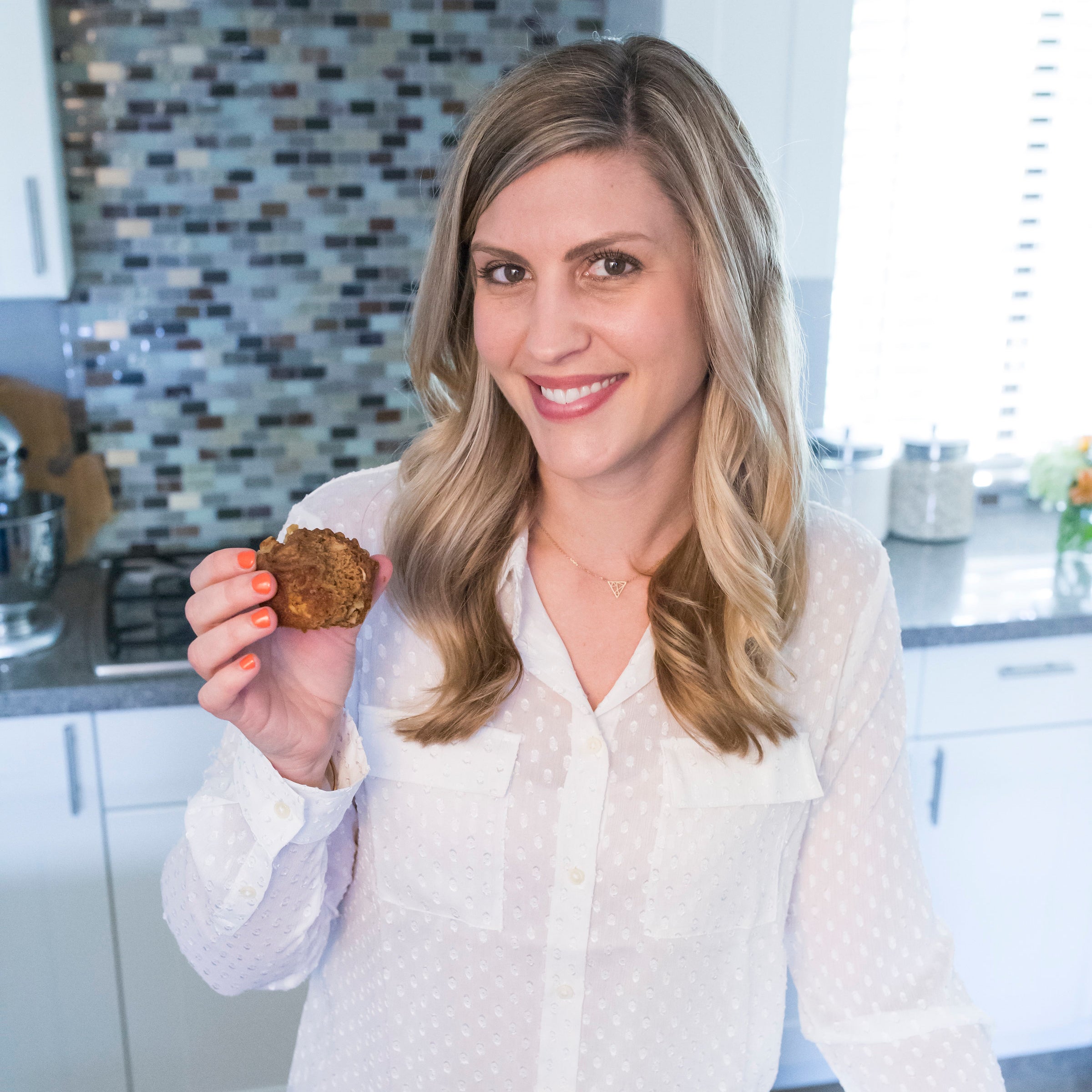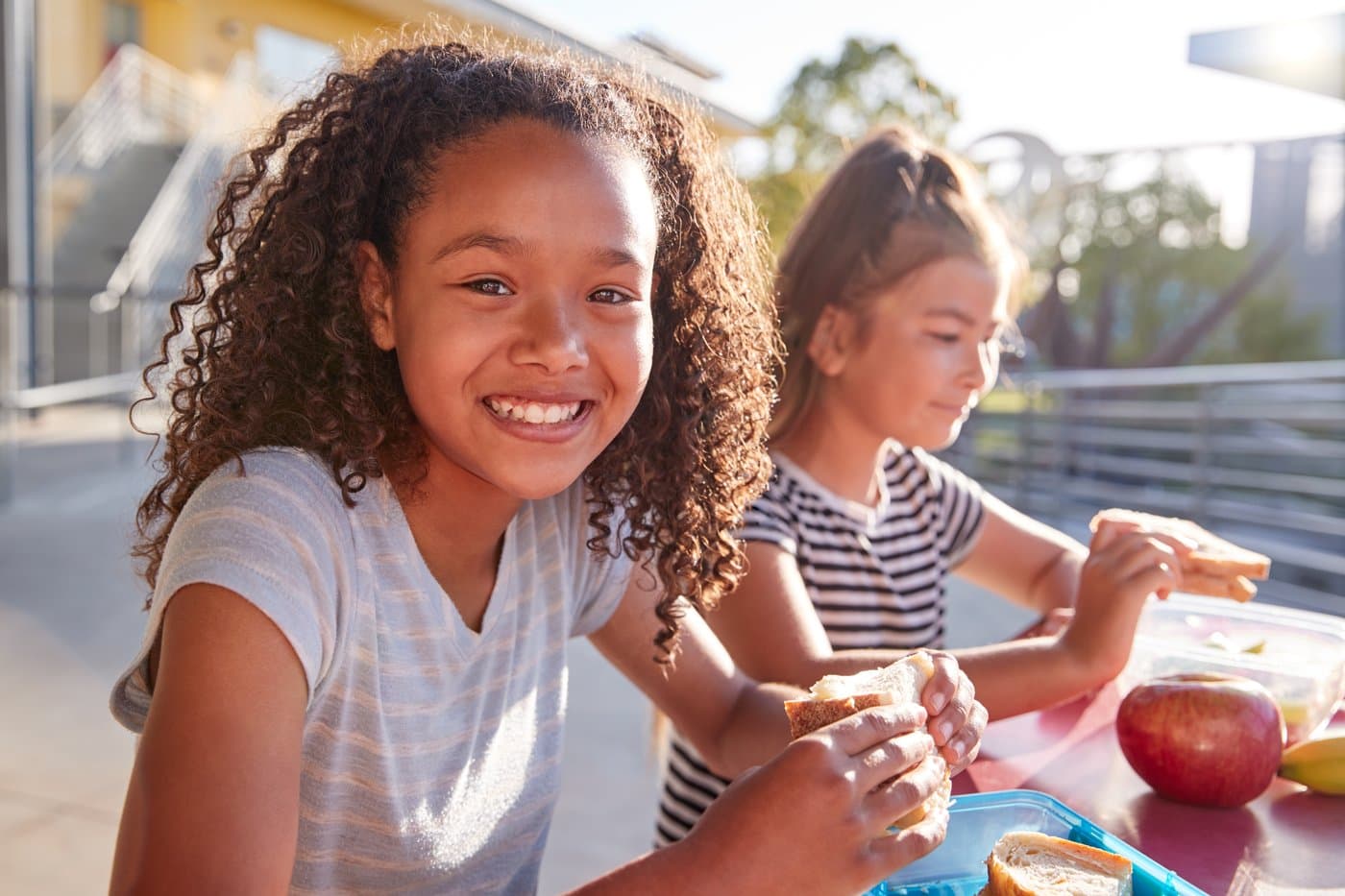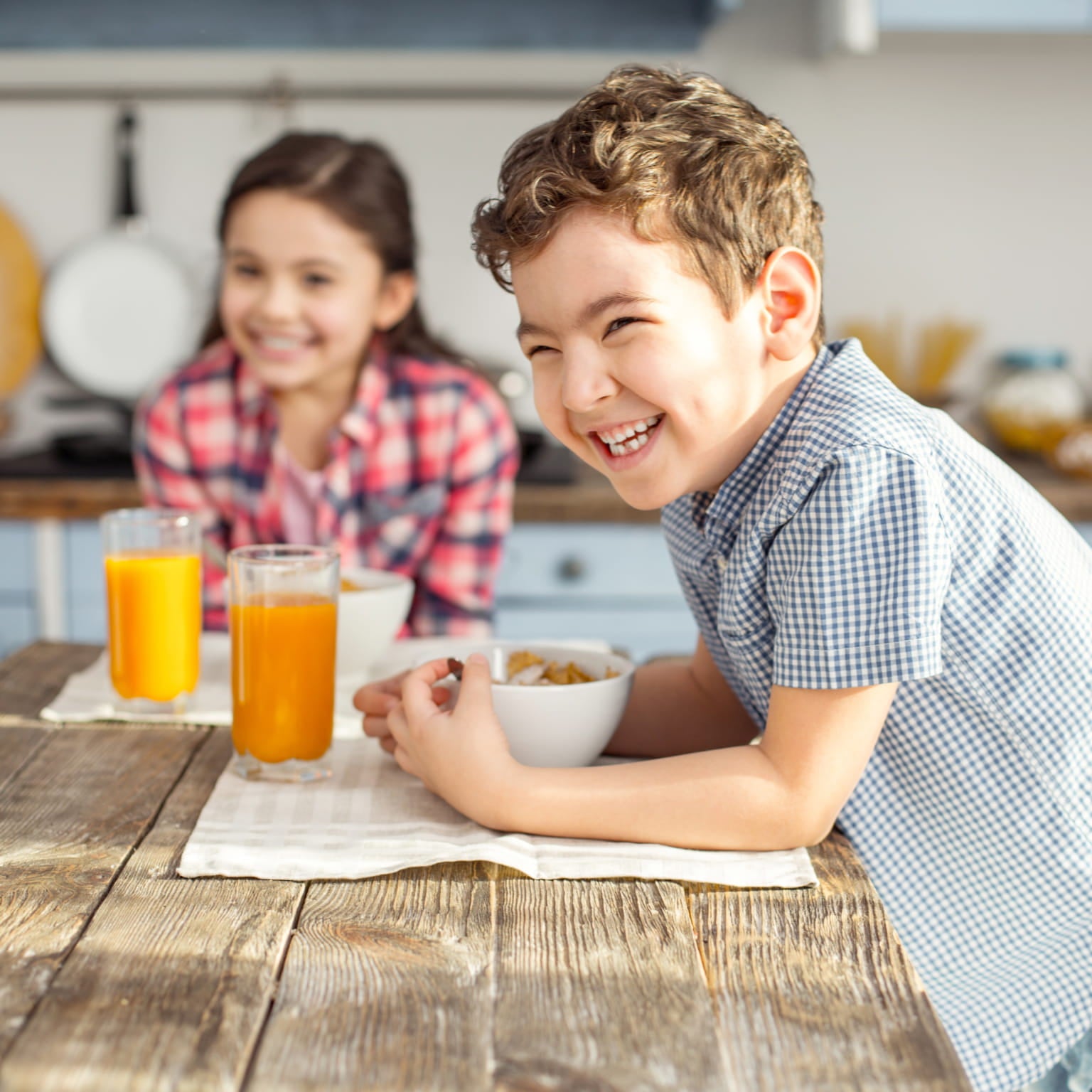Author: Amy Butler (nutritionist)
To keep up with the demands of school, extracurricular activities, sports and friendships, kids often need a bit of an energy boost.

Growing kids
Children and adolescents are going through massive periods of growth and development, and this means they need plenty of food. In fact, young teens need more calories than any other stage of life. Unfortunately, this is also a time when many girls intentionally diet to restrict calories. By age 15, over 75% of girls reported dieting at some point.1 Not only can this lead to low energy, but there is potential for nutritional deficiencies when total food and calories are insufficient. Remember, it’s not just growing boys that need to eat more, girls do too!
Rather than aiming for a specific calorie goal (as this changes based on things like height and activity levels), encourage your children to eat until they're full, neither overeating nor undereating, and focus on a varied diet filled with complex carbohydrates (like whole grain bread, beans, sweet potato, quinoa and brown rice), a rainbow of fruits and veggies, fats and protein. Try my recipe for delicious overnight oats, full of complex carbohydrates to keep kids energized until lunchtime.
Adding a product like Kids Good Stuff to their daily routine is a great way to ensure they are getting all the vitamins and minerals their bodies need to thrive.
Specific nutrients for energy
- Carbohydrate is the body’s preferred energy source, and the only source that our brains can use. Simple carbohydrates (like white bread and sugar) are used quickly, while complex carbohydrates (like brown bread, whole meal pasta, fruits and veggies and beans) give us longer lasting energy. Try to include complex carbs with each meal and snack to boost energy.
- Protein takes longer for your body to break down and turn into energy so it is a longer lasting energy source that also provides satiety (minimizing the risk of reaching for sugary snacks). Kids Good Stuff is a plant-based smoothie mix with 8g a protein in every serve.
- B vitamins help our bodies extract the energy from the food we’ve eaten,2 [Tardy] so it’s important to make sure your children’s diets have enough of them. This can be easy as B vitamins are found in a wide range of foods including meat, dairy, eggs, beans and lentils, and seeds (especially sunflower). If your child is vegan, however, they will need to eat food fortified with vitamin B12 or take a supplement like Kids Good Stuff (which is packed with a full spectrum of B vitamins), as this vitamin only occurs naturally in animal products.
- Iron is needed to transport oxygen around the body and to the brain.2 [Tardy] If you’ve ever been in a closed room full of people with no open windows, you’re probably familiar with that dozy feeling that low oxygen produces. To avoid this, make sure your children are eating plenty of iron-rich foods, not just meat, but beans and red lentils, chia and hemp seeds, spinach and tofu can all help to boost iron. Having a source of vitamin C at the same time (from oranges, of course, but also capsicum, kiwi, tomatoes and broccoli) can help the body absorb more iron. Only give your child an iron supplement if their doctor has advised it; not everyone’s body can process excess iron, and it’s much easier for our bodies to regulate it from food sources.
Sleep hygiene
It might sound obvious, but helping your kids get a good night’s sleep is crucial for ensuring their energy lasts all day, and there are several ways to encourage this. The routines and activities we do before bed are labelled ‘sleep hygiene’; good sleep hygiene promotes good quality sleep, while poor sleep hygiene tends to disrupt sleep.
Good sleep hygiene tips include:
- Make sure your children wake up and go to bed at the same time every day, even weekends. While it might not make you popular, it really helps set kids’ body clocks so they aren’t overtired come morning.
- Make their bedroom restful. A comfy mattress, nice bedding and a dark, clutter-free room can all promote good sleep.
- Stretching, yoga or meditating before bed can help to calm the mind if they are worriers. Get the family involved and do it together to promote restful sleep in everyone!
- Enforce a ‘no screens’ rule an hour or so before bedtime. The blue light from screens can disrupt the hormones which make us sleepy; fast-paced, bright tv shows and social media can also be very stimulating for the brain making it harder to switch off at night.
- Add a couple of drops of lavender essential oil to a warm bath is a great way to relax before bedtime. For older children who prefer showers, a lavender body lotion or pillow spray are good options.
References
- Hohman EE, Balantekin KN, Birch LL, et al. Dieting is associated with reduced bone mineral accrual in a longitudinal cohort of girls. BMC Public Health 2018;18(1):1285.
- Tardy AL, Pouteau E, Marquez D, et al. Vitamins and minerals for energy, fatigue and cognition: A narrative review of the biochemical and clinical evidence. Nutrients 2020;12(1):pii:E228.
